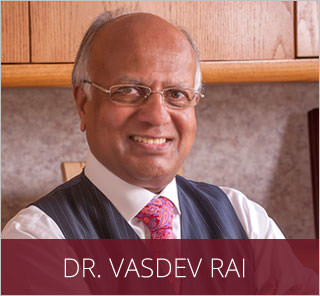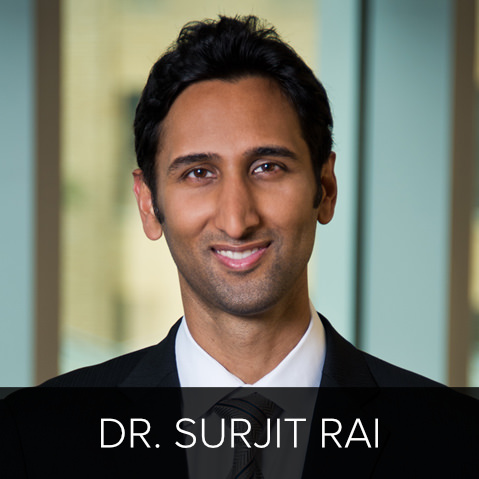Sociologist Finds Women Label Other Plastic Surgery Patients as Vain
In researching her upcoming book, Dr. Debra Gimlin, a sociologist from Aberdeen University, interviewed 80 women from the United States and the United Kingdom who had undergone plastic surgery. She found that more than fifty of the women in the study used the concept of a surgical “other” to push off concerns that they were being vain in seeking plastic surgery.
The interviewees were women aged 20 to 70 who had undergone plastic surgery. Half were from each country. The women described the surgical “other” as:
- Narcissistic and shallow
- Obsessed with appearance
- Ignorant of risks of plastic surgery
- Having unreasonable expectations
- Working with a shady plastic surgeon
By contrast, the interviewees highlighted their own extensive research into the procedure to determine its risks and realistic results. They praised their own plastic surgeon as being a quality doctor whom they had chosen as a result of their research and knowledge. In addition, the women did not call themselves vain, but, instead, were more concerned with other things like their job, their family, and their health. Women justified their own plastic surgery as being driven by “need,” such as a need to restore their natural appearance, a need to correct physical abnormalities, no matter whether their procedures were breast augmentation, tummy tuck, or other primarily cosmetic procedures. They described their goals as modest, and most often sought to look natural and normal.
The interviewees also tied their surgical other to specific geographic locations. For Britons, the surgical other lived in America. For the Americans, who lived in Florida, the surgical other was in Hollywood.
This survey highlights the hypocrisy that comes from a lack of empathy. The truth is that the person described as the surgical other represents a very small fraction of plastic surgery patients. The majority of plastic surgery patients are people like you who, but for one particular fault in their appearance, are good people with a generally realistic sense of the role appearance plays in their lives. Most often, the goal of plastic surgery is not to stand out, but to fit in.
If you notice another person’s plastic surgery, try to be understanding rather than judgmental.
If you are looking for natural-looking results with a quality plastic surgeon in Dallas, please contact Dr. Vasdev Rai at the Cosmetic Surgical Center today for a consultation.
Dr. Vasdev Rai
 Dr. Vasdev Rai has performed more than 25,000 cosmetic surgeries over his more than 30 years in practice as a Dallas plastic surgeon. He is a board-certified plastic surgeon who was first certified by the American Board of Plastic Surgery in 1983. Learn More...
Dr. Vasdev Rai has performed more than 25,000 cosmetic surgeries over his more than 30 years in practice as a Dallas plastic surgeon. He is a board-certified plastic surgeon who was first certified by the American Board of Plastic Surgery in 1983. Learn More...
Dr. Surjit Rai
 Dr. Surjit Rai was born and raised in Plano, Texas. Being the son of a plastic surgeon, Dr. Rai had the unique opportunity to see first-hand the impact a plastic surgeon can have. He knew at a young age that he would dedicate his life and academic career towards the goal of becoming a plastic surgeon. Learn More...
Dr. Surjit Rai was born and raised in Plano, Texas. Being the son of a plastic surgeon, Dr. Rai had the unique opportunity to see first-hand the impact a plastic surgeon can have. He knew at a young age that he would dedicate his life and academic career towards the goal of becoming a plastic surgeon. Learn More...
